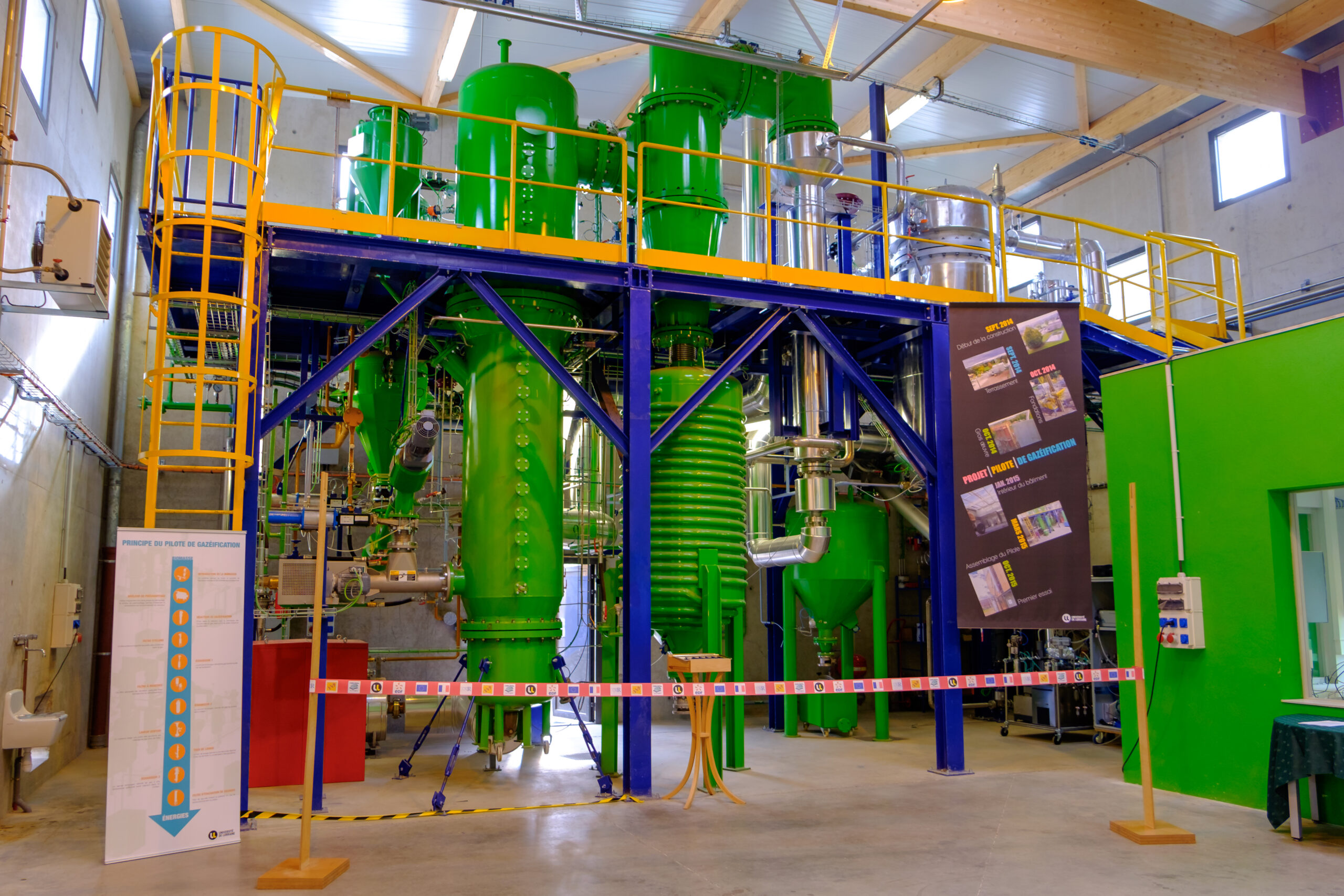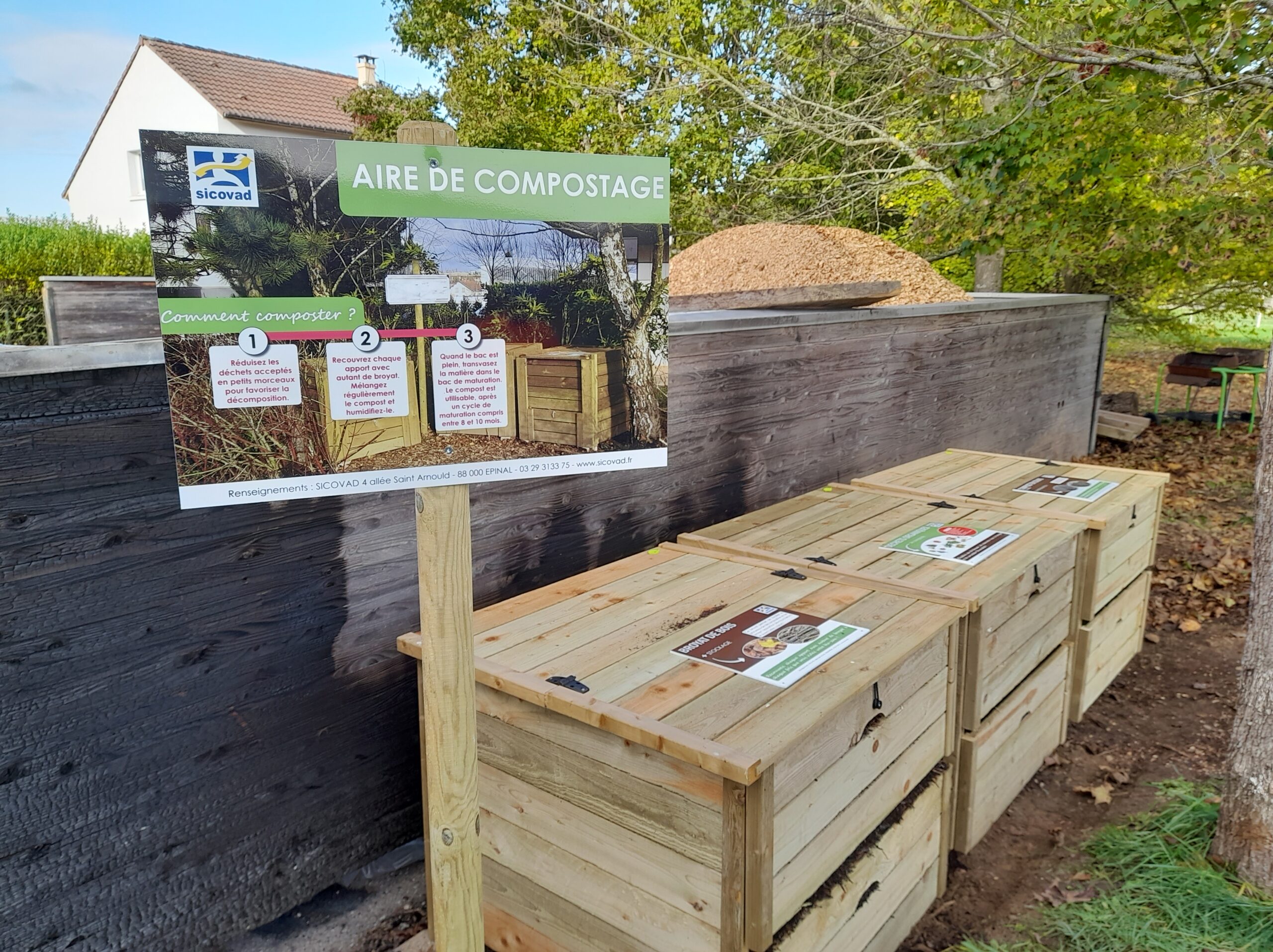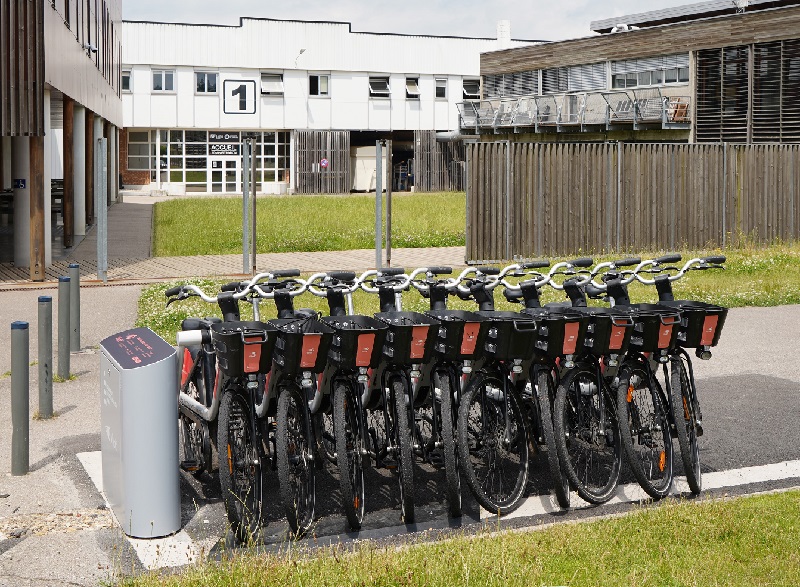Social and Environmental Responsibility
ENSTIB is fully committed to social and environmental responsibility. Through our teaching, research, and actions, we strive for an ambitious social and environmental transition. Furthermore, by training the managers and engineers of the wood sector, ENSTIB is dedicated to transforming societies for a more sustainable and inclusive world.
By joining ENSTIB (École Nationale Supérieure des Technologies et Industries du Bois), students enter a forward-looking sector with sustainable prospects. Currently, in France, the wood industry represents over 440,000 jobs in 60,000 companies that are strategic in innovation and ecological transition.
For more than 10 years, ENSTIB has been committed to greater sustainability, not only through its teaching, but also through raising awareness about waste management and optimisation, mobility, and energy on campus, as well as supporting student associations dedicated to these issues. In 2019, the school received the Responsible Campus Trophy in the Student Commitment category.
The ENSTIB Action Plan 23/27, aimed at addressing the challenges of the ecological and social transition, is based on three pillars: education, reducing energy consumption and waste, and supporting student associations related to sustainable development and social responsibility.
TEACHING
Since its inception, ENSTIB has evolved its programmes to foster a meaningful learning dynamic while promoting the responsibility of its students towards sustainable development and social responsibility. Sustainable Development and Social Responsibility at ENSTIB are integrated into the teaching to prepare tomorrow’s leaders for the challenges of a circular economy and short supply chains, and to develop innovation to address climate challenges, particularly in the forestry and timber sector.
43% of courses in the curriculum were related to socio-ecological transitions in 2023.
RESEARCH
ENSTIB is committed to promoting responsible research. On campus, research envisions new solutions for the future, whether that involves wood construction with the creation of giant composters for the communes in the Vosges département, the recovery of wood waste through research projects conducted at the school with a gasifier, or research and development on waste decontamination and its reuse.

WASTE, MOBILITY, AND ENERGY MANAGEMENT AND OPTIMIZATION
OBJECTIVES – Take collective action against climate change by reducing our carbon impact and energy consumption by 10%
ENSTIB creates all the right conditions for the implementation of operations aimed at improving the world around us, from both a societal and environmental point of view. The School aspires to become exemplary in its operations. Significant effort is therefore directed towards water and energy consumption, as well as our practices in purchasing, using, and disposing of equipment – whether scientific, digital, or furniture. More generally, our modes of consumption and mobility are questioned at every level.
Insulation plan for all Campus buildings.
Replacement of incandescent, halogen, and fluorescent lamps and bulbs throughout the Campus with LEDs.

CONSUMPTION
In its purchasing policy, ENSTIB prioritizes local stakeholders and those with eco-responsible labels (orders of PEFC-certified wood from local sawmills, specific criteria in public procurement, etc.).
For replaced equipment, reuse channels are systematically favoured over disposal (sales on Agorastore, free distribution to students or staff, etc.).
Goodies offered at Forums, fairs, and open houses are now of French manufacture, preferably from short supply chains (Vosges candies, wooden pencils, canvas bags), with the aim of moving towards internally produced items.
ENSTIB is committed to eliminating the use of single-use plastic in its choice of caterers and restaurants on the Campus Bois.
SORTING AND COMPOSTING
New compost bins were installed on campus in 2023 by SICOVAD. These bins are equipped with all the necessary signage and equipment to produce high-quality compost. Bio-buckets have been introduced to encourage the composting of coffee pods.
A sorting awareness campaign was launched in 2023, featuring a poster campaign led by students as part of their communication courses.

SOFT MOBILITY
ENSTIB, through the University of Lorraine, promotes soft mobility by offering a bonus to staff who commute on foot, by public transport, by bicycle, or by carpooling for their home-to-campus journeys.
Each year, the campus invites all students and staff to participate in the national challenge “Bike to Work Day!”

SUPPORT FOR STUDENTS ASSOCIATIONS
Sustainable Development and Social Responsibility at ENSTIB also encompass a multitude of actions led by students, in collaboration with the school’s staff and teachers:
- More Bicycles
- Bee Protection
- “Cordées de la Réussite” Programme
- Blood Donation
- Thrift Shop
- Consumption of Locally Sourced Products
